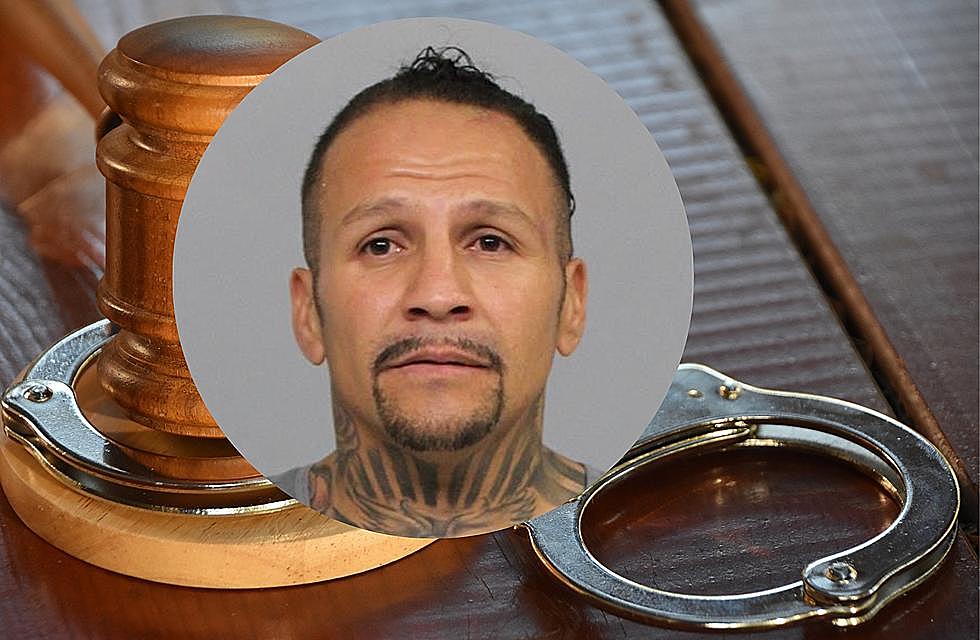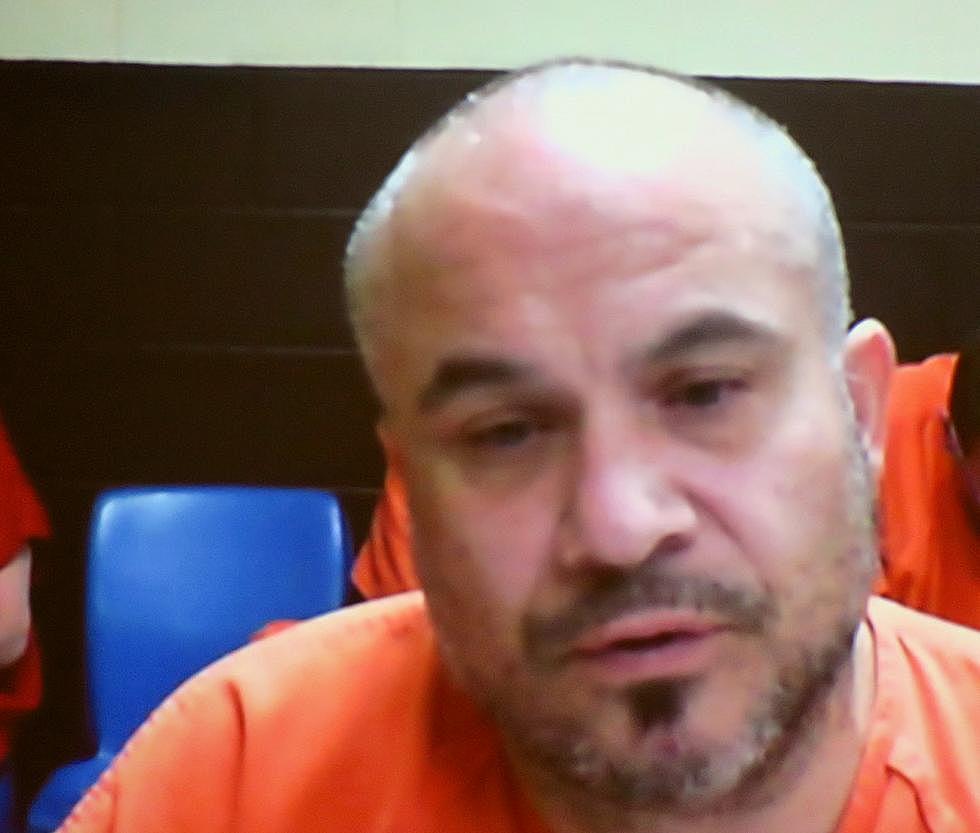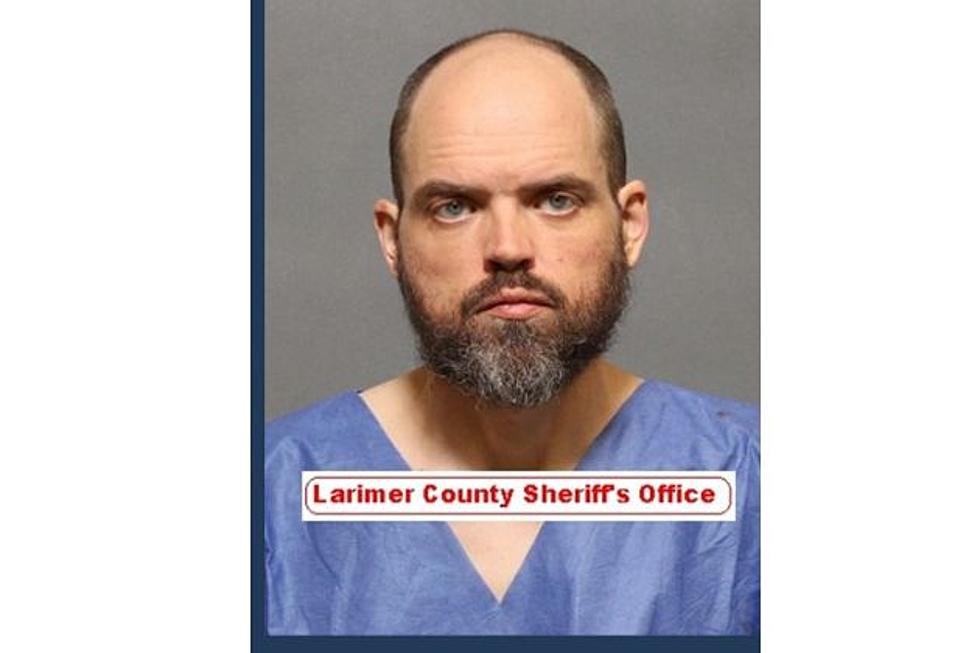
Self-Help Center’s Mission Underscored by NFL Domestic Violence Debacle
Sometimes it takes famous role models to make a point.
Unfortunately, some of those role models are professional athletes -- Ray Rice, Adrian Peterson and Hope Solo to name a few -- who abuse their wives, girlfriends, children and other family members.
"It's gotten people talking," said Noelle Paden of the Self-Help Center.
That talk includes victims blaming themselves -- "it's my fault" -- or thinking the treatment they endure really isn't domestic violence, Paden said.
There's the "so what's the problem" talk because Ray Rice's then-fiancee Janay -- seen punched unconscious in the infamous casino elevator video -- defended herself and didn't leave him.
There are the jokes.
Then there's the "it doesn't happen in Wyoming" talk, too, she said.
But it does, and that's where the Self-Help Center comes in.
"Our mission is to be able to help end the cycle of violence," Paden said.
The center has seen an uptick in calls from people who've been following the NFL's domestic violence debacle, as people realize they're in similar situations as the victims of pro athletes.
"We are here to intervene in a violent situation, man or woman, to help a family or a single person be able to get back on their feet; offer housing, clothing, food, assistance with relocation, and pretty much anything we can do to kind of get that person where they need to be to get out of a violent situation," she said.
The center operates in four places: its main office at 918 E. Second St. with counselors and victims' advocates; McKinley House on North McKinley Street for men who need help with counseling and anger management programs; Turning Point in the former Ivy House bed and breakfast on South Ash Street; and the safe house.
The center also offers a 24-hour hotline, Paden said.
About 600 people a year use the services at the main office, another 600 to 700 hundred use the services at the three residences, and five or six new clients walk through the doors weekly, she-said.
The center's staff of 14 help secure protection orders -- about 200 a year in Casper -- for clients, and work with the Court-Appointed Special Advocates for legal representation for children, she said.
Casper's rate of reported domestic violence incidents falls within the national norm, with one in four women and one in seven men being subjected to domestic violence, she said.
The abuse occurs with words, manipulation, emotions, and physical contact.
The reasons are the same for not reporting domestic violence, whether by professional athletes or ordinary Joes.
"It doesn't seem like a lot of people are either reporting or trying to take the precuations to intervene legally to do a protection order, stalking order, those types of things," Paden said. "Ultimately, it is just a piece of paper."
Victims are scared, embarrassed, ashamed, or uneducated about available services to seek help, she said.
While the recent incidents in the NFL have underscored the problems with domestic violence and sparked discussions, the public's attention span is short, Paden said.
"It's already starting to dissipate," she said. "It feels like we're falling behind."
Locally and nationally, the domestic violence problem won't come with special commission or more videos, she said. "It's a whole societal norm that needs to change."
More From K2 Radio









